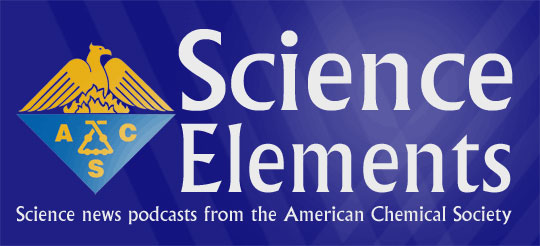| |||||||||||
|

Hydrogen Fuel CellEmbargoed: Monday, March 26, 2:30 p.m., Central Time Take ordinary air, spike it with a bit of hydrogen, and you have the recipe for a new, inexpensive type of fuel cell. British scientists say they’ve shown for the first time that it’s possible to generate electricity from low levels of hydrogen in the air. The research was presented at the American Chemical Society national meeting in Chicago. The researchers claim that their “biofuel cell” – as they call it – is an attractive alternative to conventional fuel cells, many of which use platinum, which can cost more than $1,000 an ounce. Prototypes of the new fuel cell have produced enough electricity to power a wristwatch and other small devices. It’s expected future versions will be able to power even more electronic products. I’m Marvin Coyner in Washington for the American Chemical Society – improving people’s lives through the transforming power of chemistry. |
|||||||||||||||||
All Rights Reserved. Terms of Use | Privacy Policy | Feedback | Au sujet de la ACS | Acerca de la ACS |
||||||||||||||||||





